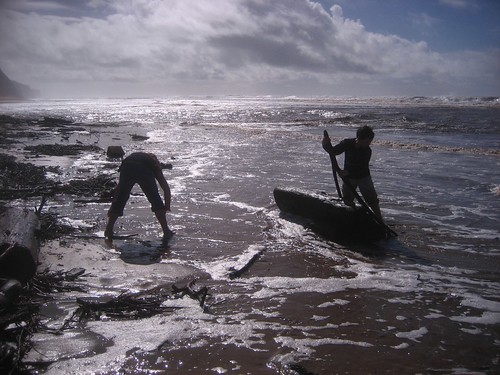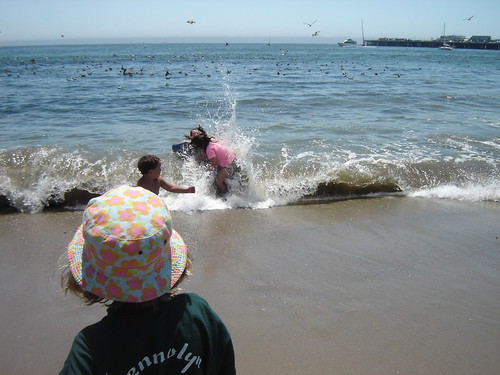I like to tell people that the only bad vacation is the one that you don’t take. There’s a ton of research on the benefits of vacations, both in the short run and the long run. But Quartz reports that “Going on vacation is stressful, according to recent surveys of workers:”
A poll of 1,000 UK workers conducted by Britain’s Institute of Leadership and Management noted that just the prospect of an upcoming vacation made 73% of respondents anxious. One 2015 survey from US medical information site Healthline found that 62% of over 2,000 readers who responded had “very or somewhat” elevated stress levels during winter holiday vacations. Finances are a major driver of vacation-related stress: CNV Vakmensen, a trade union in the Netherlands, surveyed its members in 2017, and found that being forced to take vacation at certain points of the year, such as the long summer break when children are out of school, stressed people out. Accommodation and travel options tend to be in higher demand during this time, which raises costs.
Then there’s the disruptions vacation can cause: In 2013, the Huffington Post surveyed 1,000 adult US workers, and found that having to work longer hours in the run-up to a vacation and longer hours afterwards to make up for lost time, stressed out potential vacation-takers.
I’m not going to alter my recommendation, because the virtues of time off from work are in my view way too well-established to argue that the potential stresses of vacations outweigh the gains.
Rather than give up vacations, it would be better for us (and for companies) to learn how to deal better with the financial and logistical challenges. If you prospect of getting stuck at the airport or dealign with rental cars stresses you out, or paying for an expensive vacation keeps you up, the solution isn’t to stay at work: instead, it would be better to make more modest plans, but still take the time off.
As a parent, I discovered that not being too worried about, or letting myself be too responsible for, my kids’ emotional states was important for me enjoying my vacation. In particular, I decided at a certain point that if my kids were bored, that was their problem; so long as they didn’t break stuff (or each other), they could be bored.
This is one of the big ideas behind Sandhya Nakani’s “Discover the Perfect Gift for Your Kid This Summer,” which applies some of the ideas in REST to kids and vacations. As she rightly notes, when a kid announces that “I’m bored!” it’s partly a declaration, but also “a challenge, with an embedded invitation for me to find something for her to do or to entertain her.” And it’s liberating to realize that it’s not a challenge we have to accept.
We go on in the article to talk about the role boredom and dealign with boredom plays in creative lives, and the role of down-time in kids’ psychological development.
If you want to skip the neuroscience and child psychology and just go for the listicle, I also offer “5 Summer Vacation Tips for Getting Serious About Rest,” starting with “take rest seriously” and ending with “let kids be bored.”
Finally, I’m talking about this tomorrow on “Ontario Today,” a call-in show on CBC Radio. Tune in and call in!



